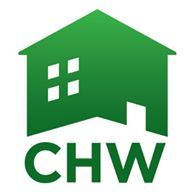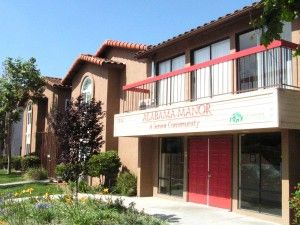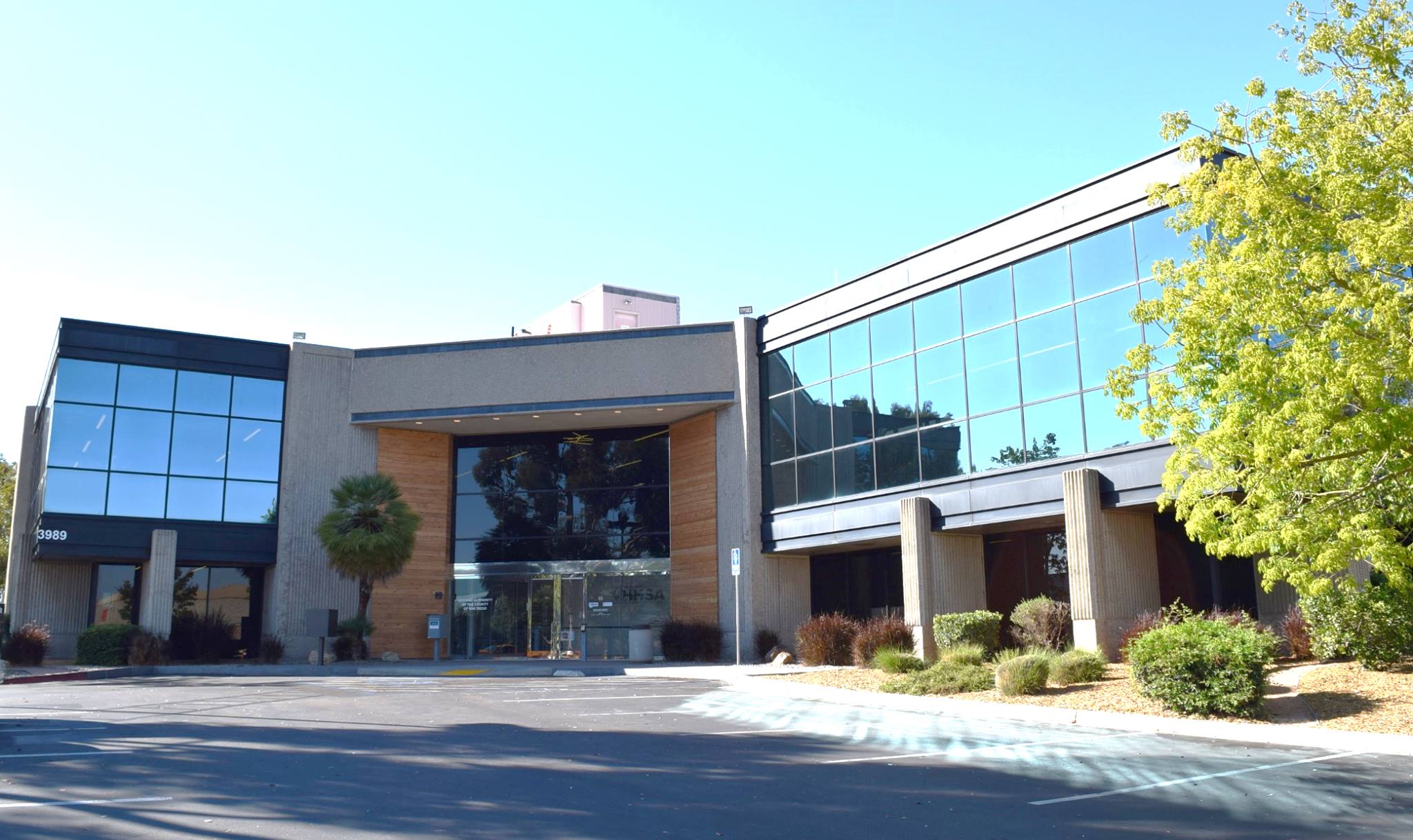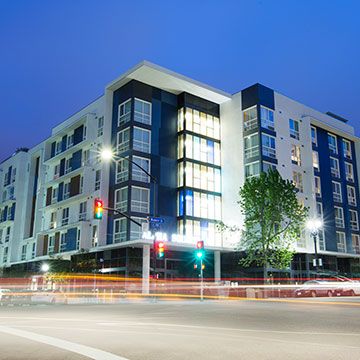HomeCaliforniaSan Diego
In an attempt to combat the escalating issue of homelessness and housing insecurity, the city of San Diego offers a plethora of supportive housing options to those who are in need. From city-funded initiatives to assistance from federal and state entities, numerous strategies are employed to provide housing solutions that are affordable, sustainable and inclusive. This article will explore the various supportive housing options available within the city of San Diego, California, as well as outlining the respective subsidies and assistance packages attached to each.
The city has adopted a model known as Permanent Supportive Housing (PSH), which aids chronically homeless individuals and families. PSH unites long-term housing with voluntary supportive services. The primary objective of PSH is to help individuals and families find stability, improve their health conditions, and become more self-sufficient. The PSH programs are often subsidized by federal agencies such as the United States Department of Housing and Urban Development (HUD) under the HUD-VASH program for veterans and chronically homeless individuals.
Rapid Rehousing is another assistance program in San Diego that aims to provide short-term rental assistance to individuals who are homeless. This program aids individuals in settling into a permanent home as soon as possible. It is flexible, aiming to support each household's unique needs and abilities. The duration and amount of aid differ based on each individual's unique needs and circumstances. While historically funded by state and local sources, Rapid Rehousing has received federal financial backing from HUD since the homelessness crisis intensified.
The California Department of Housing and Community Development operates a Low-Income Housing Tax Credit (LIHTC) program aimed at creating affordable housing options. Property developers and housing corporations are incentivized through tax credits to create and maintain affordable rental housing for individuals and families with income restrictions. These units, several of which are in San Diego, offer lower rent prices to qualified renters, ensuring that housing is affordable for all.
The Housing Choice Voucher Program, popularly known as Section 8, is a federally funded program aimed at assisting very low-income families, the elderly, and disabled individuals to afford decent, safe, and sanitary housing in the private market. In San Diego, Section 8 is administered by the San Diego Housing Commission (SDHC). Participants are free to choose any housing type that fits within the parameters of the program, including single-family homes, townhouses, and apartments. The SDHC directly pays the housing subsidy to the landlord, while the participating individual or family pays the difference.
In addition to federally subsidized housing, San Diego boasts a robust Public Housing Program. Administered by the SDHC, this program provides safe, affordable rental housing to approximately 15,000 San Diego residents. The supportive housing model includes multi-family complexes and single-family homes scattered across various neighborhoods in San Diego. For this program, tenants pay around 30% of their adjusted income toward rent, providing an affordable solution for low-income San Diego residents.
In conclusion, the city of San Diego, in conjunction with state and federal entities, provides multiple supportive housing options for its residents. While individuals and families need to qualify for these programs based on various parameters, these initiatives are testament to the commitment San Diego has towards making housing affordable and accessible for everyone.



